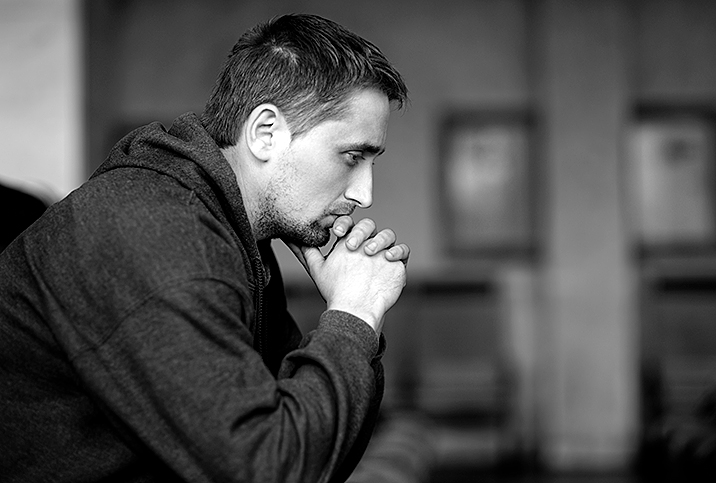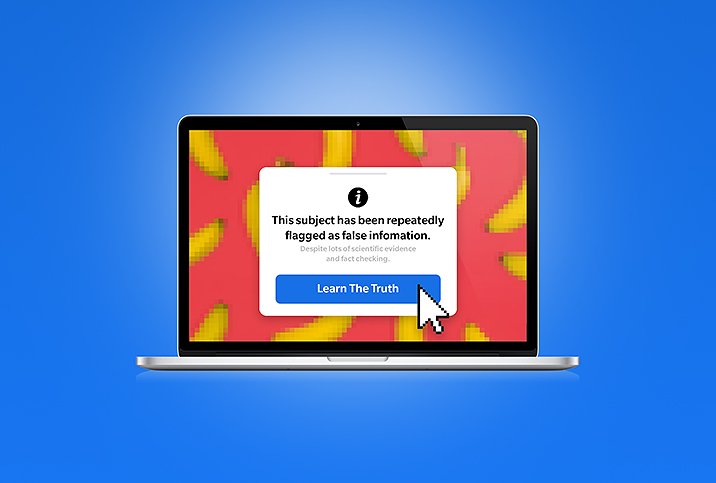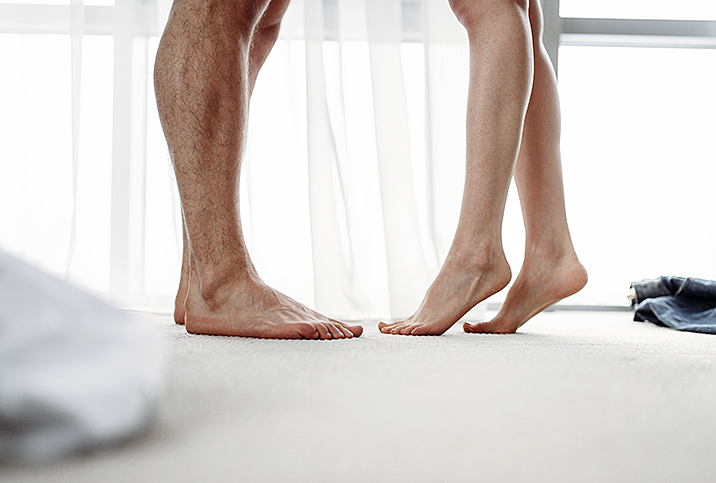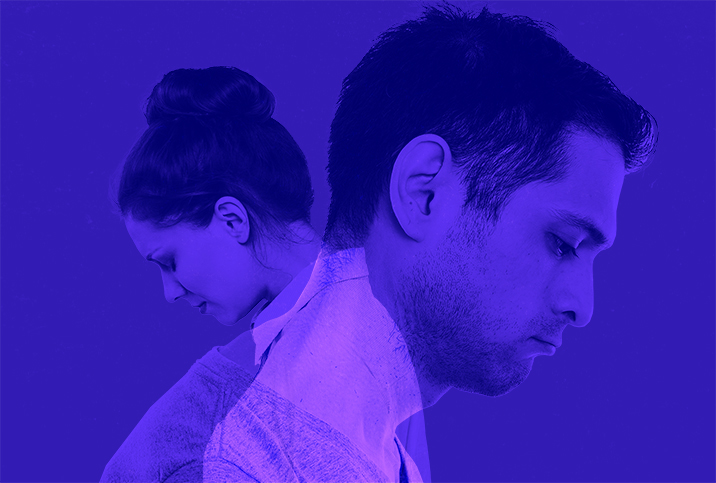Yes, Even Younger Men Can (and Do) Get Erectile Dysfunction

Of all the issues possibly considered a young man's problem, erectile dysfunction typically isn't one of them. After all, the commercials we see for ED medications feature smiling, older gentlemen, not young bucks in their 20s or 30s. However, erectile dysfunction (ED) is very much a problem for a significant number of younger men.
About 26 percent of men younger than age 40 experience erectile dysfunction, or the inability to maintain an erection sufficient for sex, according to a study in the Journal of Sexual Medicine. Nearly half of those men noted a severe case of ED. A 2017 scientific review pointed out that large multinational studies have estimated the prevalence of ED in young men to be as high as 30 percent.
The vast majority of younger men with erectile difficulties suffer adrenaline-mediated or psychogenic ED—cases with a psychological origin rather than a physical one—according to Helen Bernie, D.O., a urologist and the director of Sexual and Reproductive Medicine at Indiana University Health. For the majority of older men, ED is caused by more organic triggers, such as hypertension, heart disease, obesity and diabetes.
Adrenaline kills erections
Adrenaline-mediated causes may involve performance anxiety, depression, stress or a history of negative sexual experiences.
"Adrenaline is one of the most potent vasoconstrictors, and as a result, it can constrict blood out of the penis, which is the exact opposite of what we want to happen in an erection," Bernie said.
Bernie occasionally sees young men who have organic causes.
"I've seen several young men who have been smoking for 20-plus years and they already are seeing some degree of arterial insufficiency," she said.
Adrenaline-mediated causes may involve performance anxiety, depression, stress or a history of negative sexual experiences.
For some younger men, ED is due to a motor vehicle accident that caused spinal cord injuries or another neurological impairment. Others had pelvic surgeries that affected erectile function.
ED can also be caused by medications, such as common selective serotonin reuptake inhibitors (SSRIs) or antidepressants, including Zoloft, Prozac and Celexa. Antiestrogens, H2 blockers and beta blockers can also lead to ED.
Excessive alcohol consumption is another common cause of ED in younger men. In rare cases, a young man may have a congenital abnormality that affects their erectile function.
Diagnosing and treating young men with ED
Nicolas M. Ortiz, M.D., a urologist at UVA Health in Charlottesville, Virginia, said he tries to get a good history from the patient to determine whether their ED is exclusive to a situation or happens all the time.
"Are they having problems every time? Even when they masturbate? Or is it something that only happens when they're with their new partner and maybe they're just anxious? It's all sorts of things that can increase the anxiety," Ortiz said.
Bernie's first-line therapies for ED are phosphodiesterase type 5 (PDE5) inhibitors, such as Viagra or Cialis. If the pills don't work, she'll perform a penile duplex Doppler ultrasound, which assesses the patient's penile blood flow.
"If their Doppler ultrasound comes back completely normal and they're still nonresponsive to pills, I train them in how to use intracavernosal injection therapy," she said, referring to injections of medication into the corpus cavernosum, the spongy tissue that runs through the shaft of the penis.
Bernie also refers patients to a sex therapist or counselor. Used in combination with medications, therapy can be an effective method to alleviate adrenaline-mediated or psychogenic ED, she said.
Regaining confidence
Ortiz said he likes to start younger ED patients with a very low dose of medication that may help their body become "more readily available for erections." Just three months of a low dose often yields positive results.
"The patients tend to gain their confidence back and come out of that vicious cycle of performance anxiety, and they can wean themselves off that medication," he said.
Used in combination with medications, therapy can be an effective method to alleviate adrenaline-mediated or psychogenic ED.
A lot of younger men who come to Ortiz are frustrated because they've already seen their primary care doctor, who was either hesitant to start them on ED medications or claimed their erectile difficulties were all in their head.
"Obviously, it's just not as easy as that," Ortiz said. "A lot of the time, they appreciate us as sexual medicine physicians taking the time to talk to them and try to delve deeper as to what's the potential issue and offering them options. This gives them back part of that control, which is, I think, very beneficial to the return of their erections."
Lifestyle and behavioral modifications
When dealing with the psychological aspects of ED, Ortiz said it's critical for men to communicate well with their partner and manage stress.
"It's important for men of all ages to understand that the penis is a vascular organ, and if they want to keep their erections healthy for life, they need to do the same things that people need to do to keep their hearts in good shape," he said.
These actions include exercise, weight control and not smoking.
Bernie agreed and said she also talks with her patients about behavioral and lifestyle modifications, such as eating healthy and making sure blood pressure and blood sugar are controlled.
"Definitely, I'd say lifestyle factors are the number-one preventable causes of ED in young men," she said.


















